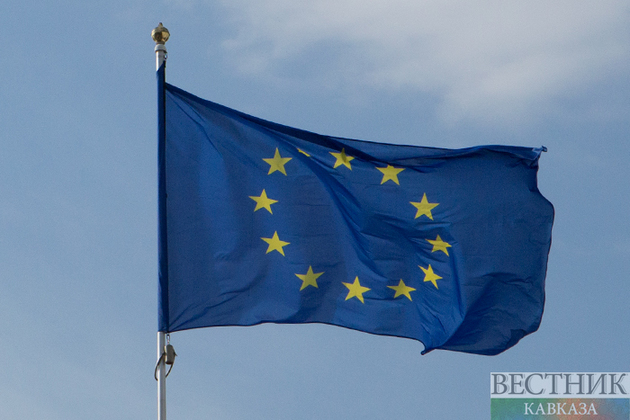Concern among some big European nations about economic fallout raises the risk of a split with the U.S. on how strongly to hit Russia with fresh sanctions, Bloomberg writes citing people familiar with the matter.
Western allies are united in their desire to prevent a war as they enter high-stakes talks this week aimed at defusing tensions with Russia, warning it faces massive penalties for any incursion. Actions that have been discussed include export controls, curbing Russia’s access to technology, and even cutting it out of the global system for financial payments.
But while the major Western European members of the European Union remain committed in principle to a significant response, some have also aired worries with the U.S. about the potential for damage to their own economies, the people said. The group is still working through economic and legal assessments of the potential sanctions, they said.
European nations also fret that Russia would likely retaliate, possibly even cutting crucial gas supplies to a continent already grappling with record high energy prices. The bulk of any EU-wide response would also have to be unanimously agreed by all 27 member states, a group with differing views on Russia in general.
Translating well-coordinated words into a joint agreement on some of the specific measures being explored could prove tricky, the people said.
The countries have discussed options including cutting Russia out of Swift, the international payments system, limiting Russian banks’ ability to convert currencies and imposing export controls on advanced technologies used in aviation, semiconductors and other components, as well as computers and other consumer goods in more extreme scenarios.
The curbs could hit everything from aircraft avionics and machine tools to smartphones, games consoles, tablets and televisions, another person familiar with the discussions said. Under some actions, Russia could face export controls as stringent as those for Cuba, Iran, North Korea and Syria, which have been largely cut off from global trade and financing, according to the person.






